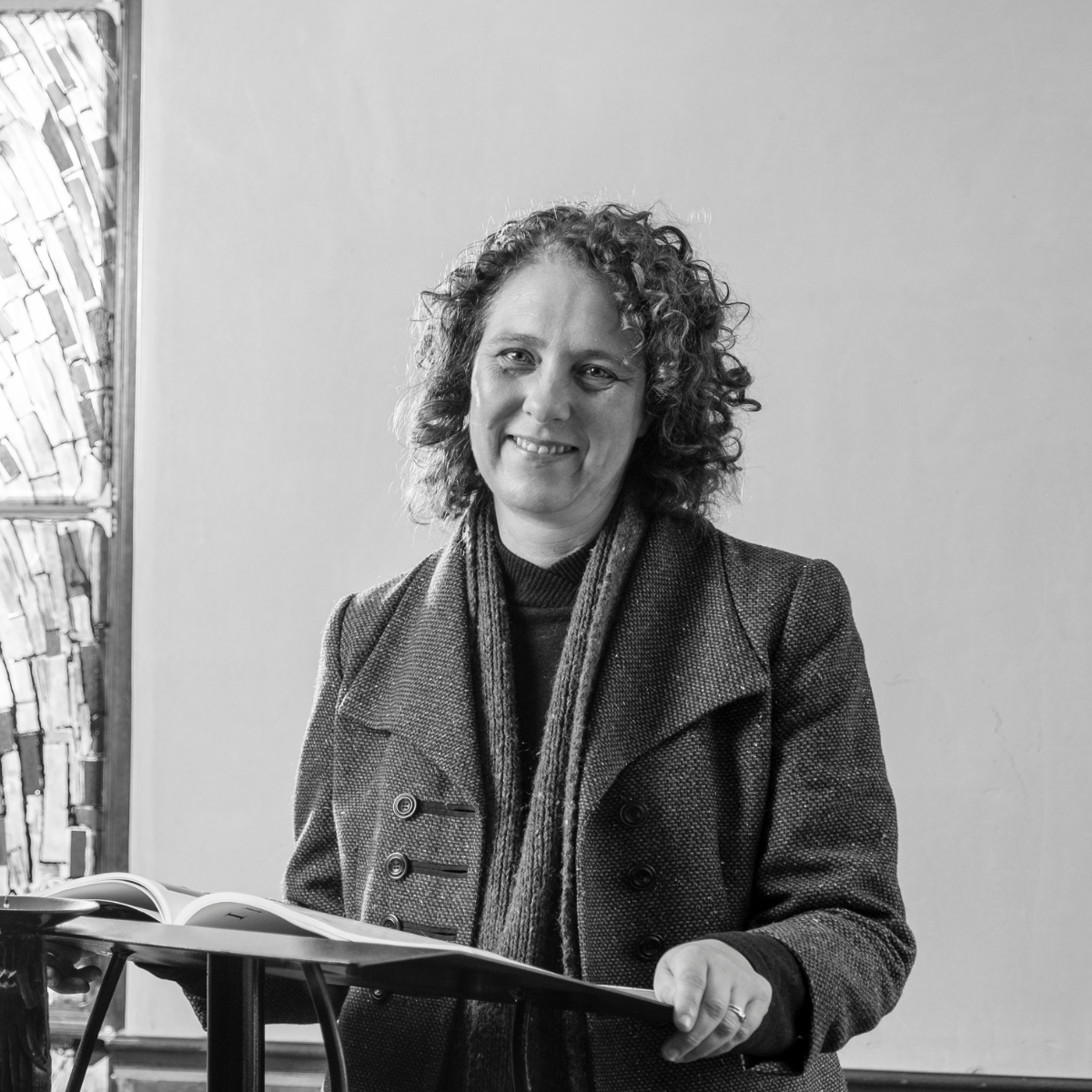Commentary on Genesis 22:1-14
The near-sacrifice of Isaac, or the Akedah as it is called in the Jewish tradition, is a narrative filled with narrative suspense.
In slow motion, building up frame by frame, the reader watches in horror how God commands Abraham to sacrifice his only son; how the two of them travel together to Mount Moriah where Abraham builds the altar, arranges the wood, binds his son, places him on the altar, and takes the knife into his hand. But as Abraham’s hand is hovering in midair with only one intention, i.e., to kill his son, tragedy is averted at the last second.
This gripping, or should one rather say chilling story in Genesis 22, has evoked passionate responses throughout the centuries, giving rise to a rich interpretative history from both Jewish and Christian interpreters who sought to make sense of this troubling story by filling in the narrative gaps in a variety of imaginative ways. Moreover, this story has often been preached as a narrative pointing to Abraham’s great faith and obedience that is rewarded in the end by God’s provision.
Surely the theme of providence is prominent in this text as evident in the place name Abraham gives in verse 14 (cf. the Latin word “pro-video” that encompasses the meaning of “for-see”/ “see to it”), which underscores the close association between God’s providence and God’s presence. However, this divine providence that implies that God intervenes at the last moment, averting danger and saving the child by providing a sacrifice in the place of the beloved only son is complex to say the least, particularly as the narrative asserts that God is responsible for the situation in the first place.
A key theme in this narrative that ties Genesis 22 to its larger literary context is the notion of the promise threatened. God’s repeated promise to Abraham that he will be the father of a large nation was delayed for many chapters before (representing years and even decades), before becoming the promised fulfilled with the birth of Isaac in Genesis 18, 21. A promise that, only a few short chapters later, once again severely comes under threat, ironically from Godself who asks a most impossible thing of his servant, Abraham.
From this narrative emerges an image of God who is capricious — a God that is in contradiction with Godself and who seemingly draws a line through the promise God had made and fulfilled to Abraham. The one moment this God is answering prayers and providing a long awaited child, and the next moment, this same God is ordering that the child be sacrificed (even though the reader and God knows it is a test, as evident in verse 1, Abraham does not know).
Yet another disconcerting feature of this text is that Abraham does not blink at the outrageous request from the God whom he has come to trust since God’s initial call came to him in Genesis 12. We see in Genesis 22 little evidence of the fiery Abraham who took God on in Genesis 18:17-33, interceding on behalf of Sodom. Perhaps one may find in Isaac’s question in verse 7, some hints of what can be called a questioning faith; words of resistance that break into Abraham’s apparent certainty. Moreover, from its many readers throughout the ages, this narrative most certainly evoked challenge — making the text itself a site of struggle.
A line of interpretation that takes into consideration these troubling aspects of the text is to view this troubling story as a means of naming and challenging unforeseen and unfair tragedy. The narrative of Genesis 22 offers its readers a safe space for reflection according to which believers may bemoan the fact that human beings end up in impossibly tragic situations; perhaps contemplating why innocent children are killed (or almost killed) for no reason.
Such a line of interpretation has been immortalized in a song by Bob Dylan on Genesis 22 that makes an interesting connection between fathers sacrificing their children and the countless young sons who were sent to fight and to die in Vietnam by the leaders of the United States. Also in post-holocaust reflection, many of the anguished parents could do little more but ask why God had not intervened when their children were burned in the Shoah?
In her book, Challenging Prophetic Literature, Julia O’Brien writes about Lyn, a student of her, who at some point in her sermon preparation on Genesis 22 “gave up trying to make this text into something beautiful and uplifting and simply wept. She wept not only just for the characters in the story but also for herself and for her culture….In this sermon,” O’Brien writes, her student “gave her congregation permission that the text had not given Abraham: to weep for the tragic situations of their own lives, for the horrible choices they feel they have no choice but to make.” According to Julia O’Brien, this student has preached good news (page 59).
And yet, this questioning faith, this mourning about the tragedy that all too often permeates life occurs in a space framed by the underlying belief in the goodness of God who does not want suffering for God’s children; a God who will provide. Genesis 22 after all is a story of life coming into a situation of death; a story of redemption; a story of faith in the midst of extreme trauma. It is true that it sometimes is difficult to see God’s provision and goodness in desperate situations when tragedy strikes. Nevertheless, the text calls upon us to look up and see God’s goodness breaking into situations of despair.
The true act of faith on the part of Abraham thus is not the blind faith that often has been the dominant message emerging from this text, but rather the ability to recognize God’s provision in the ordinary, especially in those circumstances when everything appears to be futile.

June 26, 2011